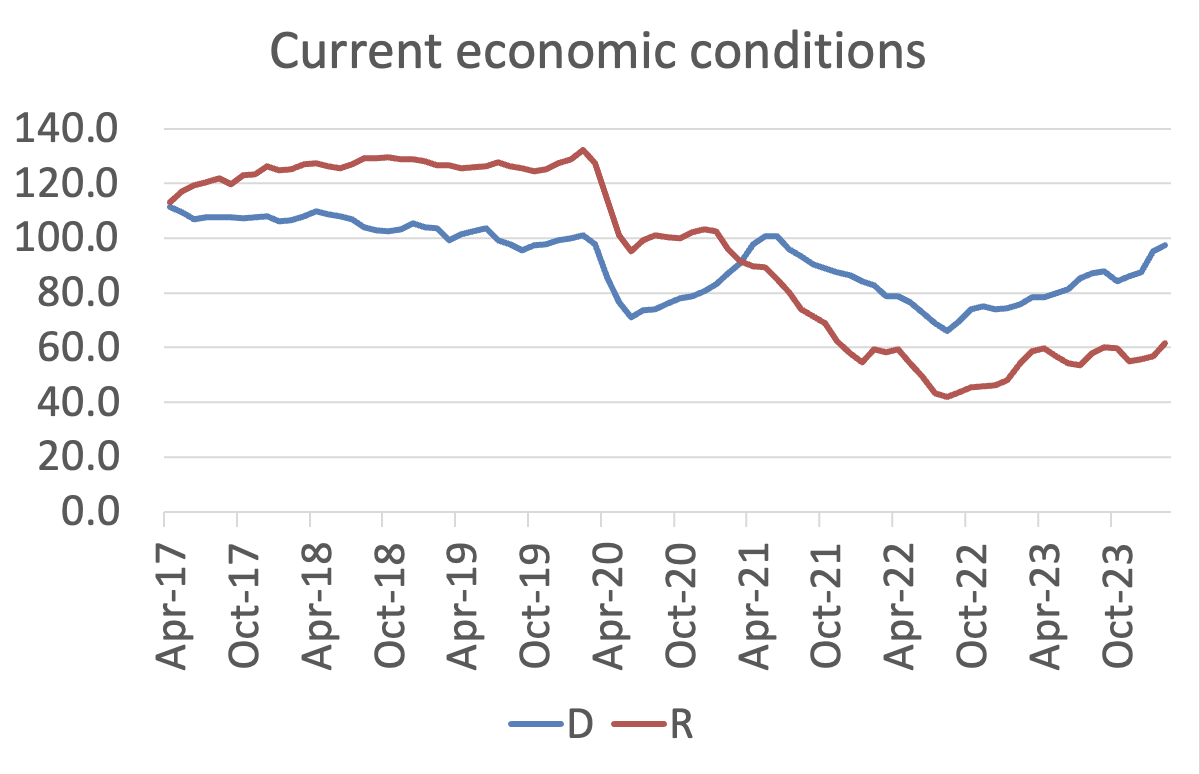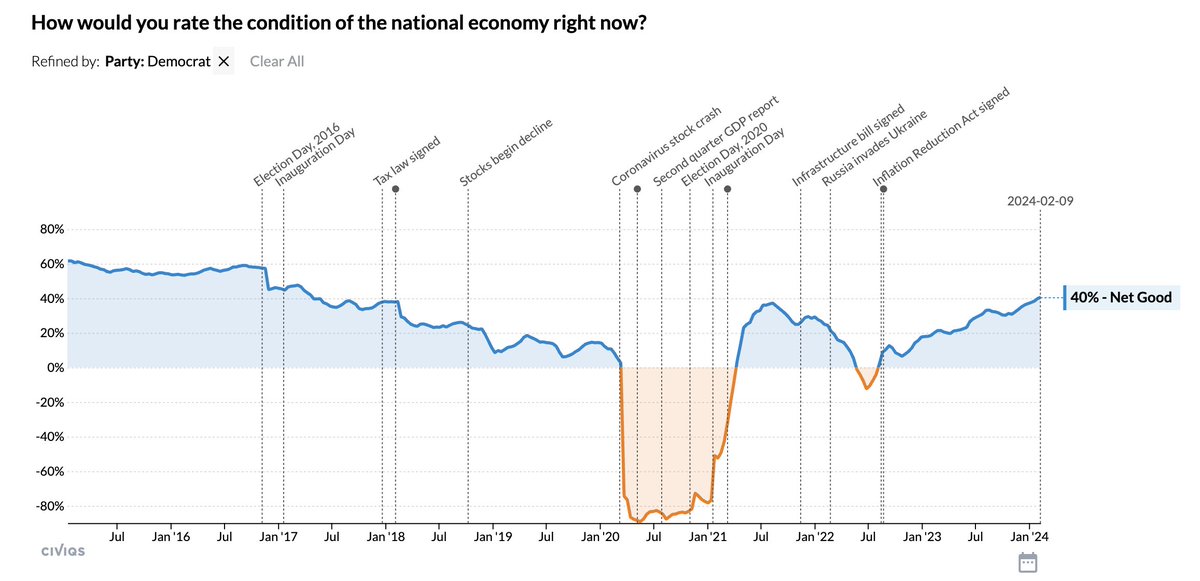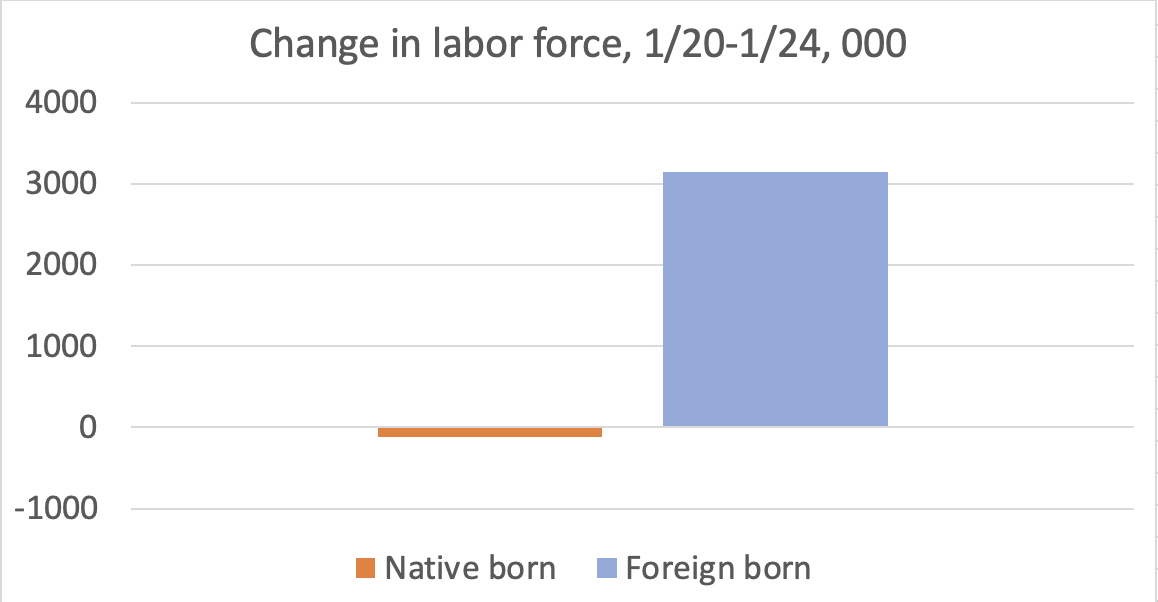Thinking about the puzzling action in bond markets last week. Here are constant maturity yields from Treasury; they're based on market rates ~3:30 PM. The Fitch downgrade came after that on Aug. 1, although news may have leaked out before 1/ 

What's notable is that the spike took place mainly at the very long end; it has already been fully reversed for 10-years, although not for 30-years. This is really very odd 2/
Suppose you believe, as Fitch suggested, that US political dysfunction is the problem — and God knows we have that, although why you should be more worried now than a year ago, or why you need Fitch to tell you, is unclear 3/
If you think about plausible scenarios for bad events, they should have *less* effect on very long-term than medium-term rates, for two reasons 4/
First, a debt ceiling crisis that leads to a technical default shouldn't have much impact on very-long-term investors, as long as the debt is eventually repaid 5/
Second, even if you think a future government might actually repudiate debt, on the grounds that bondholders are people like George Soros or something, this should reduce all debt prices more or less equally — but a given rate increase is a bigger price fall at the long end 6/
So, a hypothesis: very long-term debt is a small fraction of total US debt, and probably mostly held by a relatively specialized set of investors. And long-term rates may therefore be subject to Shleifer-Vishny type limits to arbitrage 7/ scholar.harvard.edu/shleifer/publi…
That is, if very long-term bonds become cheap, the investors who should be buying more have just suffered significant capital losses, and may not be able to step in 8/
What I'm suggesting is that last week's bond action may have been a more diffuse version of the insurers/gilts death spiral that hit Britain during the Liz Truss moment 9/
I don't know if this is at all right, and would welcome input from people who know more about what happened. And maybe any attempt to make sense of erratic markets is a fool's errand. But I do think it's worth trying to figure this out 10/
I meant pension funds/gilts death spiral 11/
• • •
Missing some Tweet in this thread? You can try to
force a refresh













